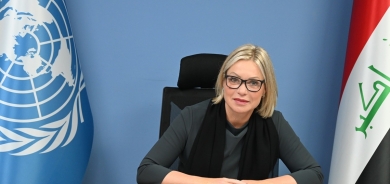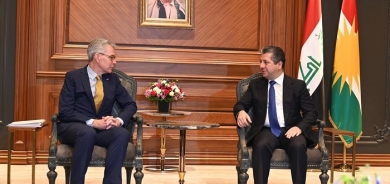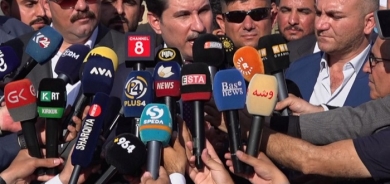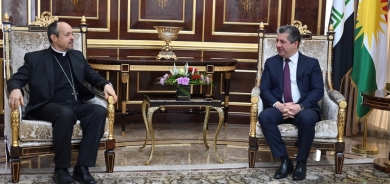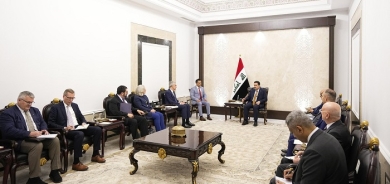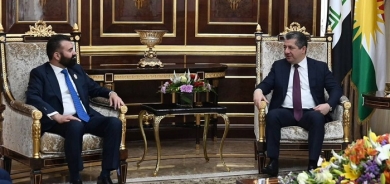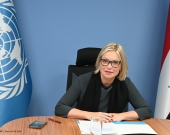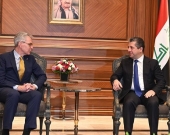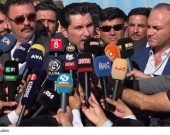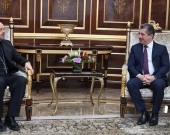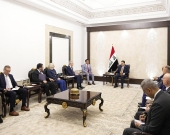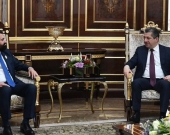Putin accuses West of seeking 'regime change' in Iran
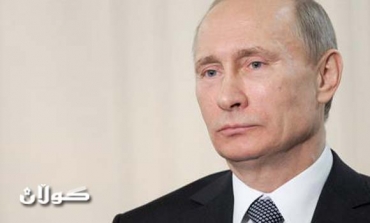
"Under the guise of trying to prevent the spread of weapons of mass destruction... they are attempting something else entirely and setting different goals -- regime change," news agencies quoted Putin as saying.
"We have such suspicions," said Putin. "And we are trying to take a stand that differs from the one they are trying to force on us... concerning the ways that the Iranian nuclear problem might develop."
Russia has longstanding commercial and military ties with Iran and has condemned unilateral sanctions imposed by the United States and the European Union over its suspected pursuit of nuclear weapons.
Putin's tough talk came as he toured a nuclear research centre in the once-secret city of Sarov ahead of a March 4 presidential election in which he is widely expected to secure a return to the Kremlin.
Footage showed the former KGB spy inspect research stands and then chair a security meeting in which he lashed out at US plans to deploy a missile defence shield in Europe that Russia fears might make its nuclear forces ineffective.
Putin often clashed with the United States while president between 2000 and 2008 and has remained a key decision-maker in the past four years who spearheaded Russia's criticism of the NATO-led air campaign in Libya.
Russia now faces both Western and Arab world condemnation for its refusal to blame Syrian President Bashar al-Assad for an 11-month crackdown on street protests that the opposition says has claimed more than 7,600 lives.
The Russian strongman earlier this month accused Western powers of acting "like a bull in a china shop" in Arab conflicts and on Friday firmly defended Russia's veto of a UN Security Council resolution that blamed the violence on Assad.
"I think that our position at the UN Security Council on Syria shows that we do not intend to be anyone's yes-men. And I hope that this is how things continue," said Putin.
"Unfortunately, there are many regional conflicts and their number is only growing. But the balance of strategic forces will help avoid major conflicts," he warned.
Putin spent much of his meeting in Sarov laying out a future Russian nuclear defence strategy that kept the United States from establishing a global monopoly on power.
"This is not only our national objective, but also an obligation before all humanity -- to keep a balance of strategic forces and their capabilities," Putin said.
"This is very important. After World War II, this balance ensured the absence of global conflicts.
Putin's decision to fire his latest barb at Washington from the heart of a Soviet-era nuclear research centre was another piece of master-crafted theatre from a Russian leader who has perfected the art of populist talk.
He used passionate tones and simply language to argue that Russia was on the path to recovery from an early post-Soviet era in which its diplomatic and military might waned to new lows.
"Only a few years ago, they did not say it to us directly, but they said it to their NATO colleagues -- they said let Russia putter about, we are not even that interested anymore. All they have is a bunch of rust left," Putin said.
"Well, that is not the case. That is really not the case anymore."
He added more starkly "that the realisation that we might encounter some sort of new wave of the arms race, this must move us all to be more constructive."

